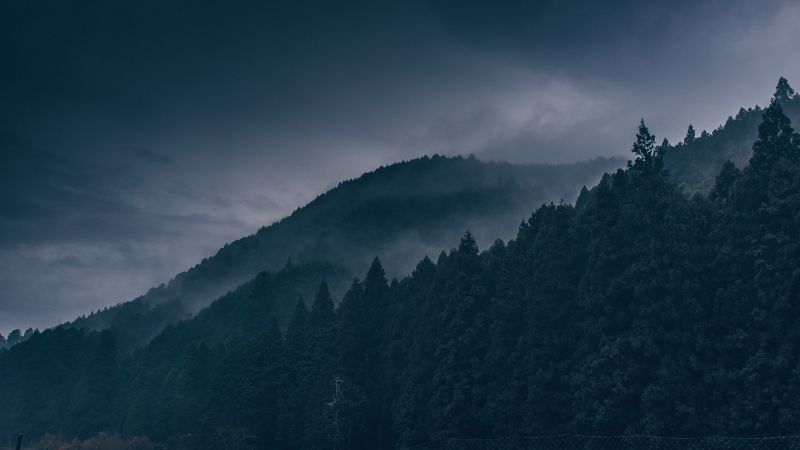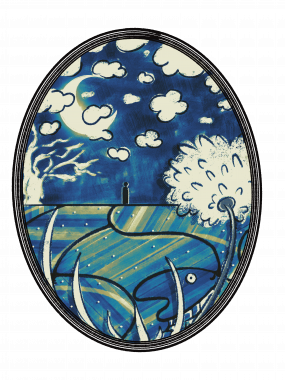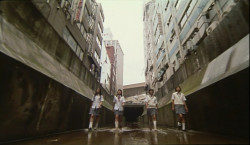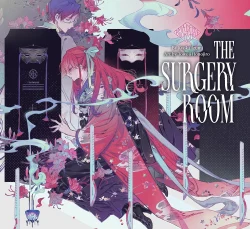
August 15, 2023
Cirrocumulus Clouds
The English-language debut of Kenji Miyazawa's story
Cirrocumulus Clouds
by Kenji Miyazawa
translated by Eric Margolis
The four-dimensional universe of Kenji Miyazawa (1896-1933) takes the deepest mysteries of the universe and imbues them into the sights and sounds of ordinary days—making them extraordinary. Japan’s prolific and famed writer of sophisticated, literary fairy tales that have haunted and delighted children and adults for over one hundred years.
“Cirrocumulus Clouds,” a brief, little-studied story, was published in a 1967 posthumous compilation. Miyazawa paints a luminous picture of quiet Oji in northern Tokyo during a period of national mourning for a deceased emperor. The ruins of Ryuno Castle exist today in Kongoji Temple near Oji Station, but the real focus of this short is on uncovering the secret and mythic elements inherent to a night of sadness.
Pale cirrocumulus clouds floated on the sky. The moon carved a thin slice out of the gray, hoisting up a dim rainbow. In the town below, a pear tree waved its supple leaves, towering above the street corner estate.

Something blue restlessly wavered in a rift in the clouds, but I couldn’t tell what it was.
There was something off about tonight. All the locals had shut their doors at 8:00, and not a soul could be found walking the street.
Underneath the looming castle, a small dog came running alongside piles of what looked to be dried wheat. The dog wagged its tail as it hurtled against the slow waves of moonlight.
The night’s red gravel. Gravel pavement made up solely of shadows. The tips of the cherry tree’s branches wove together a fine wood mosaic as I shed wisps of tearsmoke lonelier than a cigarette’s.
It was dark in Oji, Tokyo. Ryuno Castle and the whole town were truly in a period of court mourning.
A small boy appeared, strolling in front of the planks lined up by the sawmill.
The stone foundation of the metal bridge glowed white and my heart panged for something far, far away.
The clovers were already blooming. That’s right—clovers. I watched the field of clovers, the pallid lanterns shining and exhaling faint pleasure, the clovers inhaling the moonlight in turn.
A small beetle flew straight at me. It hit my forehead, and again, before wheeling and whirling and spiraling off in nonsensical directions.
Across the field, I saw a small man—a dwarf. A silver dwarf standing there. Looking at me with a sidelong glance, smiling and smirking. Smirking and singing. The silver dwarf sang:
Rhinoceros beetle of import steel—
Neither the moonlight nor the clover field,
nor the gleaming lamps enter your silver—
hack away at the scent of the wild.
Crash against a human forehead,
panic and stagger round and round
and then, at last, stop your own fall
and work hard to correct your course.
Neither the moonlight nor the clover field,
nor the gleaming lamps enter your silver—
Fly off in nonsensical directions.
The dwarf vanished. Watching me sideways from across the field, arms crossed, he disappeared into nothing.
Fleecy clouds tangled the branches of the acacia tree.
The rainbow, cast by dull, grimy moonlight, winked against the windows of the elementary school. Small piles of spite from children doing arithmetic had gathered into a lovely black spirit, which was staring longingly out the window.
The sky grew clear. The noble moon and copper Mars readily, silently slid atop a slope of polished amazonite stars. I continued my loop around town.







